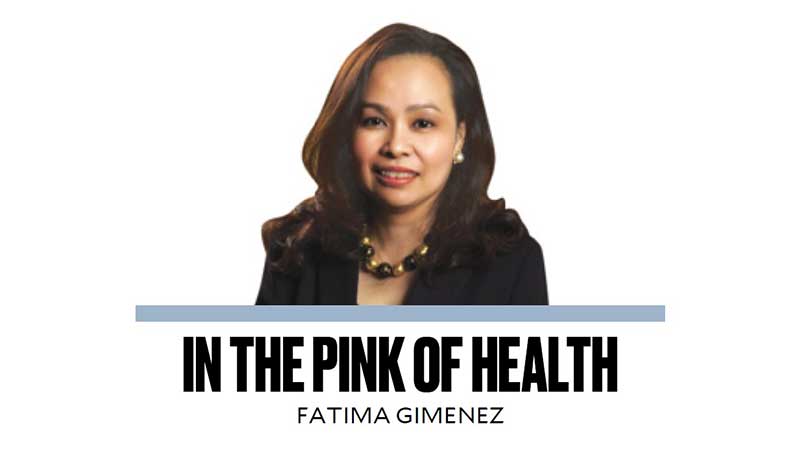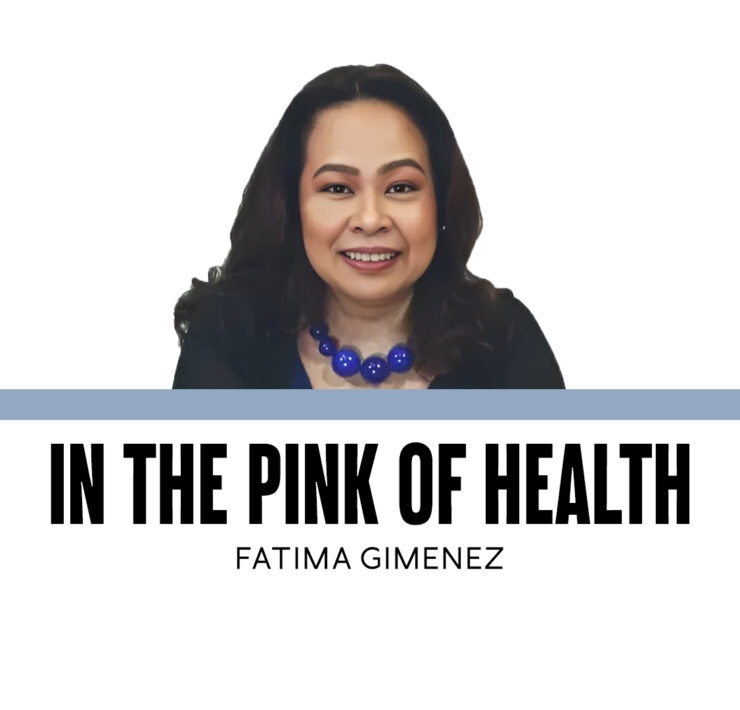Destiny’s child

This probably is a question posted to anyone growing up: “Ano ang gusto mo paglaki mo?” My answer: ”Gusto ko po maging doktor.”
My parents were not physicians, and to my recollection, my only exposure was to my pediatrician, whom I would regularly see for the frequent benign febrile convulsions experienced and other common childhood illnesses. East Avenue Medical Center was then known as GSIS in the ’70s and was my usual place for confinement. Memories of how I would have an intravenous line threaded into my scalp since my veins were so hard to locate remain. Yes, I was a little more than chubby. Curiously, these were never traumatic experiences. Maybe my parents who both had full-time jobs in the government and my dear yaya, whom my siblings and I regarded as our second mother, were always there. Doctor Brillantes with her bouffant hair and bright cheerful personality would almost always give a lollipop when she would make her rounds, or on those occasions wherein we would visit her in her home for a checkup, lovebirds! Her home was filled with it.
In college, I was confined for fever of an unknown origin. My attending was an infectious disease specialist whom I never thought would play such an important role in my life and my future career. My discharge diagnosis: prolonged systemic viral infection. Years later, I took my pediatric residency in that same institution and on a chance meeting, as she was with the internal medicine department, gathered enough courage to introduce myself, recounted that she had been my doctor, and thanked her for her care. I was in awe of her then, and to this day, still is, not only because of her expertise but also her boundless generosity in sharing much-needed knowledge, experience, and providing opportunities for me and her younger colleagues.
“Punta na ba tayo sa PRC?” We could not sit still after having gotten word that the results of the medical licensure exams had been released. It was late afternoon and we drove to the Professional Regulations Commission office in Recto, only to be met with the advice to wait for the list to come out the next day in the newspapers. Taking a chance, we headed toward one of the leading dailies in Manila. There were several people in the office but one man was more than kind enough to ask what it was we needed. Listening intently, he motioned for us to wait. He would try to check if the results were in their custody and being printed. He came back with good news. Elated and grateful, the only way we could show appreciation was to bring them snacks from a popular fast-food chain. Hurrying home to tell our parents and our families, we were surprised to know that a classmate had already called them ahead to say we made it. “Doktor na kami!”
For anyone who consciously has decided to invest their time, efforts, and their parents’ hard-earned money in studying, how one can have a humble hand in impacting the life of another, obtaining the privilege to have these two letters, M.D., attached to his or her name would probably be counted as one of the happiest moments in our lives. Being young and idealistic, we didn’t know that it was just the beginning of more trying times. Into residency, fellowship, and years of practice, we had and still have those moments when we falter, at times asking ourselves if it is all worth it.
“Bakit mo nga ba ginusto maging doctor?” To my knowledge, I have never heard anyone in the medical community answer that query with ”So I can be wealthy or recoup the money spent on my education.” What I am more familiar with are the words “To help.” Have you ever wondered why some physicians painfully choose to leave the country and their loved ones and live as second-class citizens elsewhere, unable to practice what they studied and worked hard for, or why there would be instances when you are called to pass the hat for a colleague in need? While it is true that you will never go hungry, if your motivation is to get rich quick, choose another occupation.
Looking back, destiny must probably have played a role in leading me to where I am. Along the way, I was fortunate to interact with role models and selfless mentors. If asked to live my life all over again, I would still choose to be a doctor because of the endless opportunities that come from having the ability to help and more importantly, live a life of service. This profession, as most probably my colleagues would agree with, is the perfect vehicle that allows us to constantly redefine our purpose. INQ

















